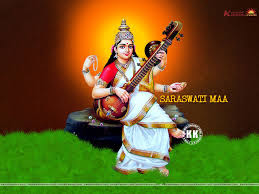Religion and Social Values :26
3: The Reason for Birth and Death-5.
So we can have a substanceless experience also. We can be very comfortable in a world which has no substantiality behind it and, therefore, our comfort may be an unsubstantial comfort. It is like living in a fairyland where, like Aladdin with his magic lamp, we seem to be rubbing a lamp of the wonder of magic with the power of our empirical intellect and associations, and are glorying in the heaven of this world that we ourselves have created in our own minds. This is real bondage; and freedom from subjection to a compulsion to think in this manner is real freedom.
Great masters and adepts who have plumbed the depths of experience have compared this world to a dream world. It is difficult to believe that this world is a dream because it is substantial, tangible, visible, audible, and we can taste it and experience it in a concrete manner. But we can have a concrete, substantial, solid experience even without a concrete atmosphere being around us. The world of psychological experiences under hypnotic conditions, pressures of strain and mental agony, demonstrate that we are capable of living in a hard reality which has no internal substance.
Thus, freedom which is ultimate, which is called moksha or the liberation of the spirit of man, is considered as the goal of life. How do we know that this is the goal of life? We ourselves can know this. We need not go to a scripture to understand this or to any adept to be taught. Our own internal content will reveal what we are aspiring for.
We are, no doubt, in a miserable world and an unfortunate condition, yet we have a great strength within us. This strength is the power embedded in our mind to comprehend that the world is not final; there is a ‘beyond’ to this world. The finitude of our experiences and the limitations which cramp our movement in any direction point to the presence of an illimitable, boundless possibility beyond ourselves. The asking of man for freedom is actually an asking for infinite possession. It is not the freedom of the servant who serves a master; who too has some sort of freedom to receive his salary every month, a month’s leave once in a year, and a few hours of respite for his lunch or dinner or to have a little rest in his house. This is the freedom of a slave, of a servant.
To be continued ...
.jpg)



.jpg)
Comments